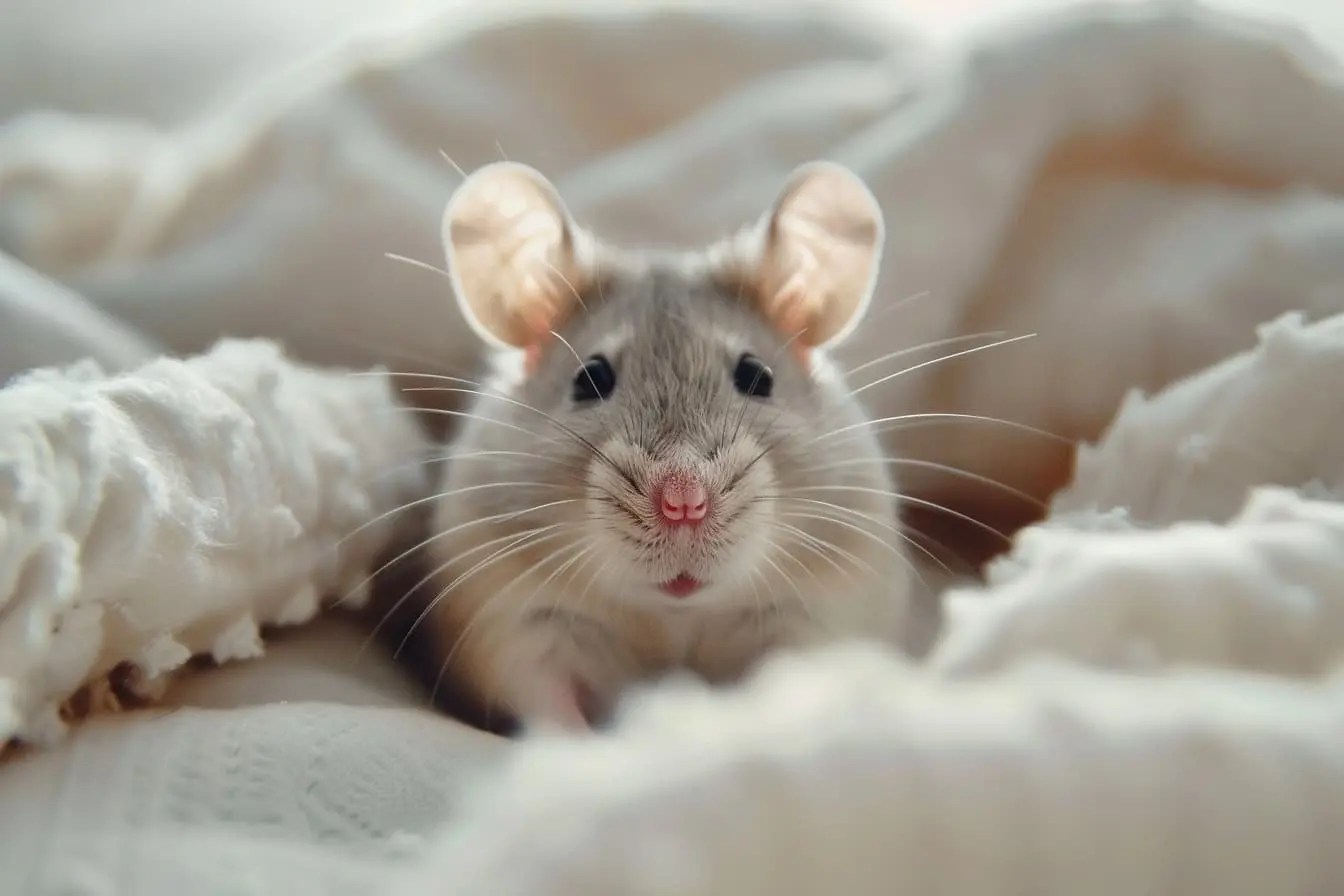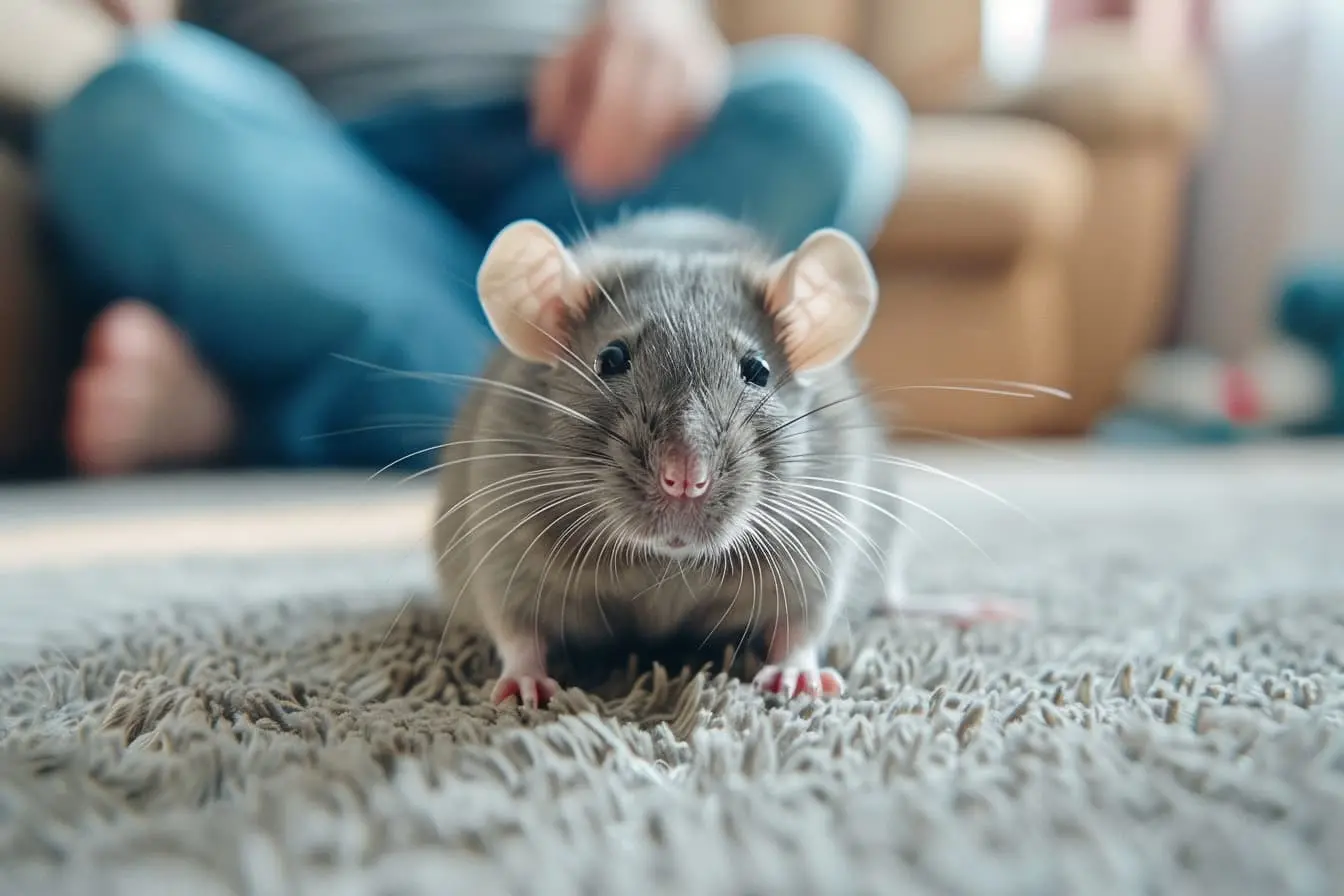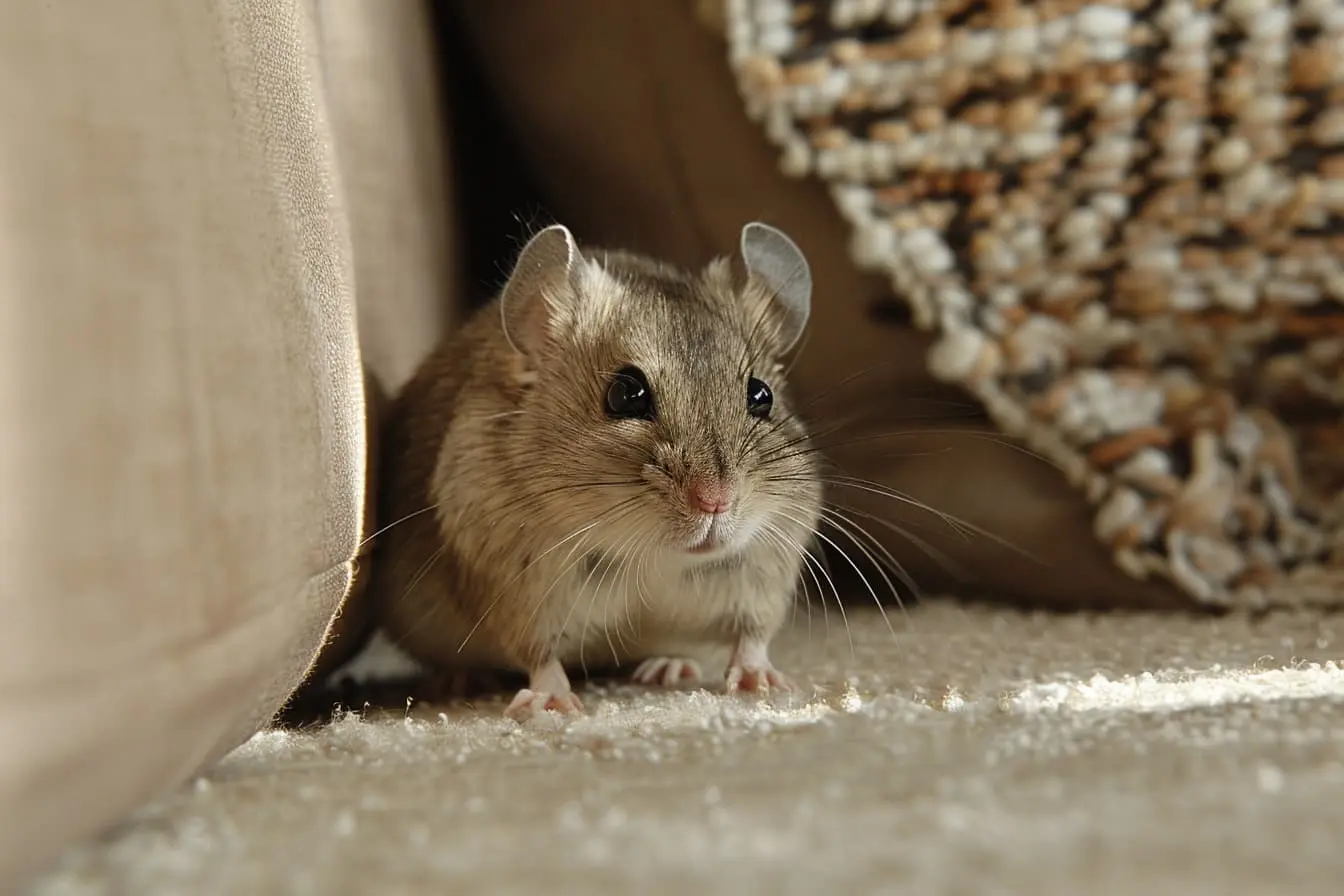
The Benefits of Neutering Your Guinea Pig: A Guide for Responsible Owners
Guinea pigs are sociable, affectionate pets that thrive in the company of their own kind. However, without careful management, their sociability can lead to overpopulation and a host of health and behavioural issues. Neutering (for males) or spaying (for females, although more complex and less common) is a consideration for pet owners looking to maintain a harmonious and healthy group dynamic. This post explores the importance of neutering your guinea pig, the benefits it brings, and some key considerations.
Why Consider Neutering Your Guinea Pig?
Population Control
The most immediate reason to neuter your guinea pig is to prevent unwanted litters. Guinea pigs are prolific breeders, and without neutering, a mixed-sex group can quickly result in overpopulation, putting strain on resources and space.
Improved Social Harmony
Neutered guinea pigs can live more harmoniously in mixed-sex groups without the risk of breeding. Neutering can also reduce aggressive behaviour associated with mating, such as mounting, chasing, and fighting, leading to a calmer environment.
Health Benefits
For male guinea pigs, neutering reduces the risk of certain health issues, including testicular cancer and prostate problems. It also eliminates the risk of impaction, a condition common in older males where they struggle to expel faeces due to weakened muscles.
Understanding the Procedure
Neutering is a surgical procedure performed under general anaesthesia. It involves the removal of the testicles in males, significantly reducing the production of certain hormones responsible for reproductive behaviours. The procedure is relatively straightforward but does require careful post-operative care to ensure a smooth recovery.
Key Considerations and Care
Choosing the Right Vet
It's crucial to choose a vet with experience in performing surgeries on guinea pigs, as they are small and require expert handling.
Post-Operative Care
Post-operative care is vital. Keep your guinea pig in a clean, quiet environment and monitor the incision site for signs of infection. Pain management is also important, and your vet will provide guidance on this.
Timing
Neutering can be done from around four months of age, but your vet can advise on the best time, considering the guinea pig's health and maturity.
Cost
The cost of neutering can vary, so it's a good idea to discuss this with your vet beforehand. While there is an upfront cost, it can lead to savings in the long run by preventing health issues and unwanted litters.
Considerations for Females
Spaying female guinea pigs is a more complex and risky procedure. It's generally only recommended for health reasons, such as uterine tumours, rather than for birth control or behavioural management.
Conclusion
Neutering your guinea pig can contribute significantly to their health, wellbeing, and the harmony of your guinea pig group. It's a responsible choice that can prevent unwanted litters and associated health risks. However, it's essential to make this decision in consultation with a knowledgeable vet who can provide tailored advice for your pet's specific needs. Responsible pet ownership involves making informed decisions about the care and management of your animals, and neutering is an important aspect to consider for the wellbeing of your guinea pig.
Vets near you
Speciality vets
- Aquatics vet specialists
- Birds vet specialists
- Camelids vet specialists
- Cats vet specialists
- Cattle vet specialists
- Deer vet specialists
- Dogs vet specialists
- Equines vet specialists
- Exotic vet specialists
- Goats vet specialists
- Pigs vet specialists
- Poultry vet specialists
- Sheep vet specialists
- Small Mammals vet specialists
- Wild vet specialists
Vet facilities
- Accessible by public transport
- Blood testing
- Car park nearby
- Client car park
- Dentistry
- Diagnostic imaging
- Disabled public access
- Flea and worm treatments
- Microchipping
- Mobile services
- Neutering
- Open at weekends
- Out-of-hours service
- Referral interests
- Referrals only
- Street parking outside
- Toilets available
- Vaccination clinic



